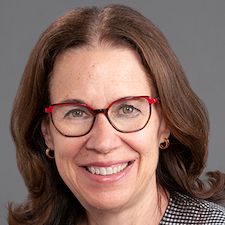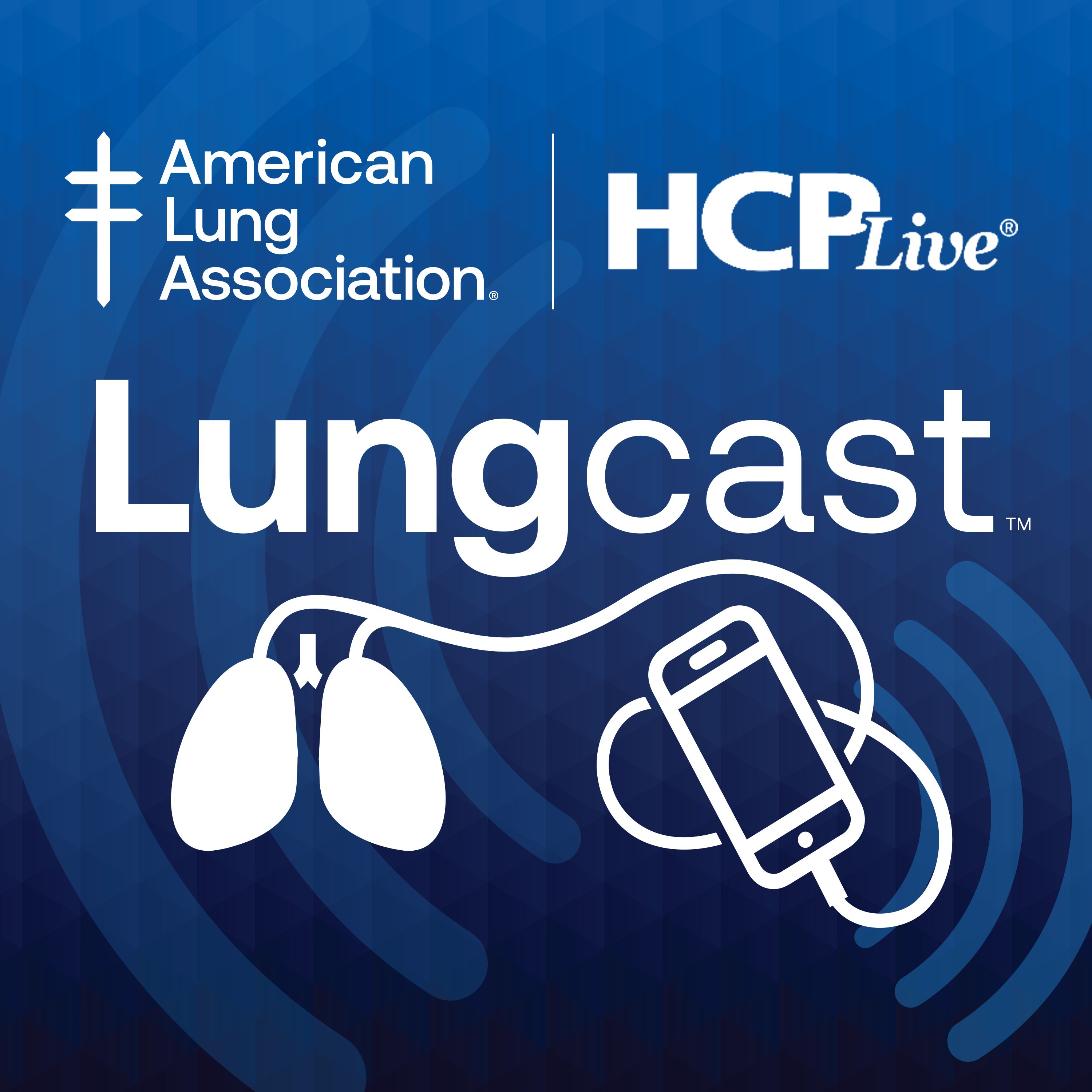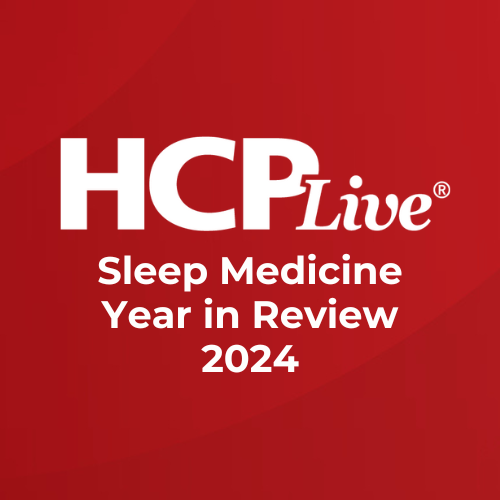Article
New Survey Reports Crucial Lack of Discussion Regarding Insomnia
Author(s):
The survey – the largest of its kind- found that 70% of people with trouble sleeping or insomnia reported being “desperate to find a solution”.
Ruth Benca, MD, PhD

Today, the Alliance for Sleep committee announced new data from the survey Wake Up America: The Night & Day Impact of Insomnia.
The survey – the largest of its kind- found that 70% of people with trouble sleeping reported being “desperate to find a solution”. This desperation was confirmed by the roughly $7 billion spent annually on products or sleep aids including blackout curtains, eye masks, and white noise machines.
The Wake Up America: The Night & Day Impact of Insomnia survey was conducted virtually from September to October 21 and included 300 primary care physicians (PCP), 152 psychiatrists, and 1001 US adults 18 years and older who were diagnosed with insomnia.
Approximately 25 million adults in the US suffer from insomnia, a condition with an overall prevalence of approximately 10%.
Additional data from the survey found that only 66% of PCPs reported frequently asking patients of their sleep patterns during routine visits, and only 27% of people with trouble sleeping reported that their doctors asked about their sleep during every visit.
Concerningly, more than half (57%) of affected patients who have not been diagnosed with insomnia have not spoken about issues regarding sleep.
The lack of communication between doctors and patients could be influenced by the common myths regarding sleep recovery, with approximately two-third of patients believing that the body could function on less sleep and that napping could make up for loss of sleep.
Additionally, 66% of participants who take or have taken prescription sleep medication reported feeling a stigma associated with the medications.
Members of The Alliance for Sleep committee believed the survey “reinforced the need for education, increased awareness, and change” in the personal and professional aspects of life.
"Despite seeing first-hand the toll of insomnia with our patients, these findings were still startling in that they highlight the extent of the problem on all aspects of people's lives. But what is perhaps most shocking is the disconnect between the lengths people are willing to go to fix their sleep issues and the lack of conversation happening in doctors' offices," said Ruth Benca, MD, PhD, co-chair of The Alliance for Sleep. "We hope these survey results will spark a true wake up call for Americans, both patients and healthcare providers, demonstrating things need to change if we are to shore up sleep as the third pillar of health."





